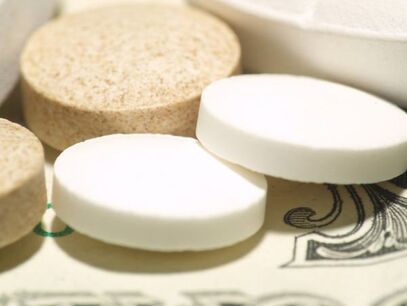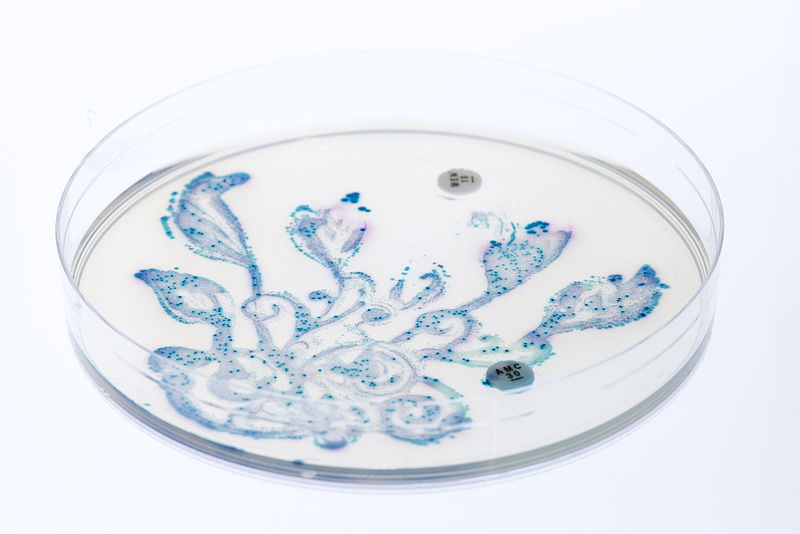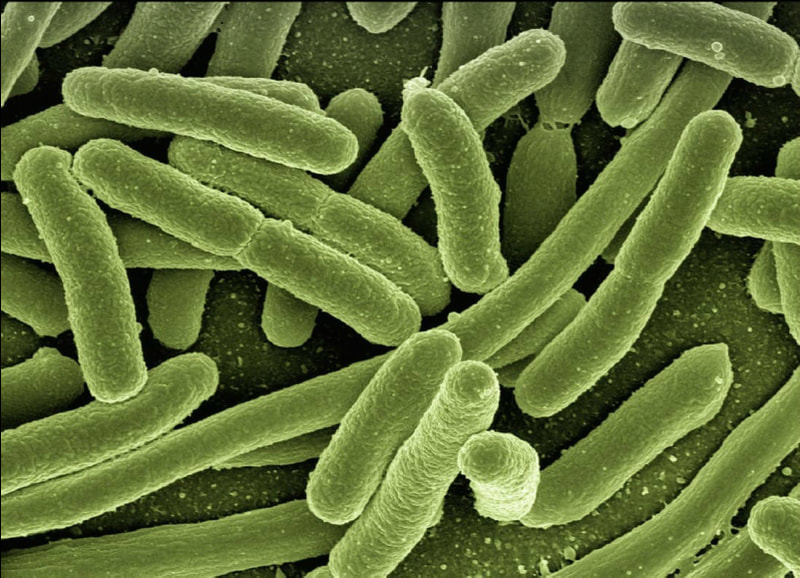Why Does Medicine Keep Becoming More Expensive?
Healthcare is a controversial and important topic of discussion in the US. According to a Hill-HarisX poll, 15% of registered voters cited health care as their most important issue, topping all other categories including the economy and environment. One aspect of public concern is that crucial treatments, such as disease-modifying therapies (DMT’s), have drastically increased in price. DMTs are crucial to prevent diseases like multiple sclerosis from causing permanent damage to the nervous system, but from 2010 to 2017, their cost more than doubled. People who rely on critical treatments like DMTs or insulin are most vulnerable to price spikes. Something must change to ensure no one gets left behind if health care expenses continue to grow out of control.
In an attempt to shed light on why this is happening, Dr. Hartung and his team with the National Multiple Sclerosis Society interviewed four anonymous professionals with significant leadership experience in the biotech industry on the pricing or marketing of DMT’s. When asked on how pricing decisions were made, all four participants mentioned that when a new treatment was made available, it would have a similar price to other treatments already on the market. However, one professional stated that new products were priced higher than existing products because lower prices would imply that the treatments are less effective or reliable. Furthermore, distribution networks have become increasingly more expensive, causing the consumer to pay more to compensate for the pharmaceutical companies’ expenses.
In an attempt to shed light on why this is happening, Dr. Hartung and his team with the National Multiple Sclerosis Society interviewed four anonymous professionals with significant leadership experience in the biotech industry on the pricing or marketing of DMT’s. When asked on how pricing decisions were made, all four participants mentioned that when a new treatment was made available, it would have a similar price to other treatments already on the market. However, one professional stated that new products were priced higher than existing products because lower prices would imply that the treatments are less effective or reliable. Furthermore, distribution networks have become increasingly more expensive, causing the consumer to pay more to compensate for the pharmaceutical companies’ expenses.
Image Source: Burak K
Next, the participants addressed how the industry decides to adjust or increase drug prices. According to their responses, companies can increase their prices as much as they want to, simply because there is no regulation or authority stopping them. Even if the public hates pharmaceutical companies, people still need these life-saving products. One participant admitted that although the production costs of the drugs have probably decreased, the companies still increase prices to maximize revenue and offset production costs. Before the medicine is ready to sell, it undergoes a long, expensive process of development, testing, and approval. The less demand there is for a drug, the more expensive it has to be to make development worthwhile for the companies. Unfortunately, this results in extremely expensive orphan drugs, or treatments for rare medical conditions. However, it’s important to note that although research and development is expensive, that still does not fully explain the massive surge in costs. Another cited reason is that companies are under massive pressure to maximize profit for their shareholders, as pharmaceutical companies need to prove they’re worthy to investors compared to less risky and more attractive high tech companies.
Although these four professionals do not represent the whole industry, their responses suggest that the current healthcare system disadvantages consumers heavily. Without proper government regulation, pharmaceutical companies default to prioritizing profit over providing affordable treatments to the ill. Changes to the industry’s incentives and the long, costly development process could keep prices in check, but large structural reform is difficult to legislate effectively and quickly. The current public discourse, especially among the 2020 presidential candidates, seems to revolve around health insurance. Although a robust policy could provide insurance to many and help alleviate the pains of growing prices, it may not fix the fundamental problems of profit incentives and development risks that cause biotech companies to focus their energy towards maximizing profits rather than curing the sick. It remains to be seen what kind of transformation will be brought about in the next few years as the public grows increasingly agitated and ready for change.
Although these four professionals do not represent the whole industry, their responses suggest that the current healthcare system disadvantages consumers heavily. Without proper government regulation, pharmaceutical companies default to prioritizing profit over providing affordable treatments to the ill. Changes to the industry’s incentives and the long, costly development process could keep prices in check, but large structural reform is difficult to legislate effectively and quickly. The current public discourse, especially among the 2020 presidential candidates, seems to revolve around health insurance. Although a robust policy could provide insurance to many and help alleviate the pains of growing prices, it may not fix the fundamental problems of profit incentives and development risks that cause biotech companies to focus their energy towards maximizing profits rather than curing the sick. It remains to be seen what kind of transformation will be brought about in the next few years as the public grows increasingly agitated and ready for change.
Featured Image Source: Will Thomas
RELATED ARTICLES
|
Vertical Divider
|
Vertical Divider
|
Vertical Divider
|






